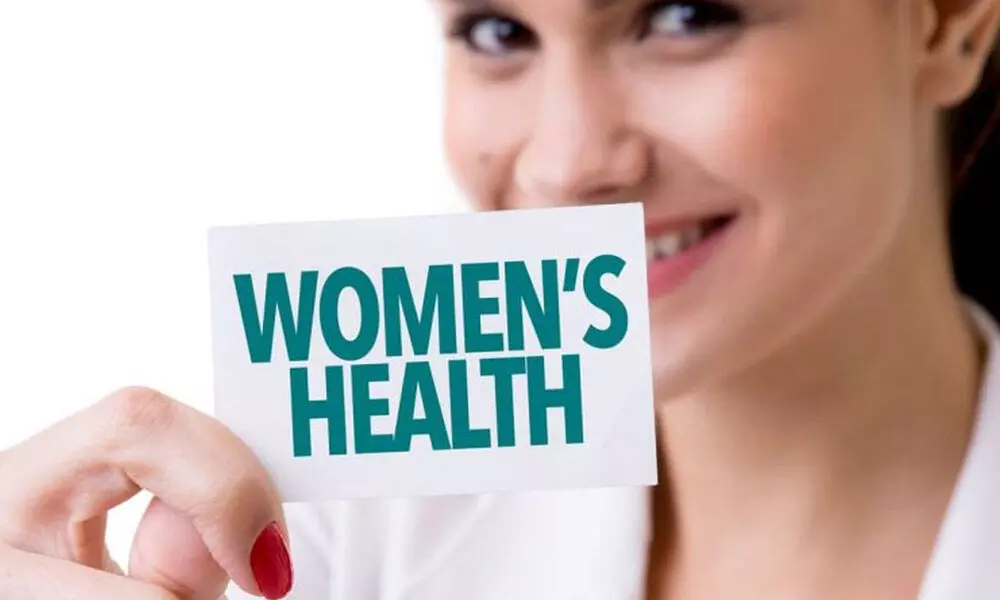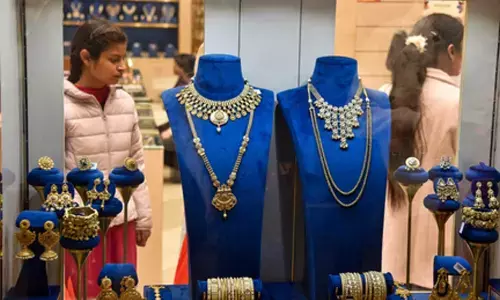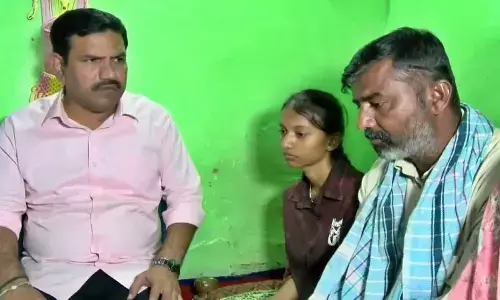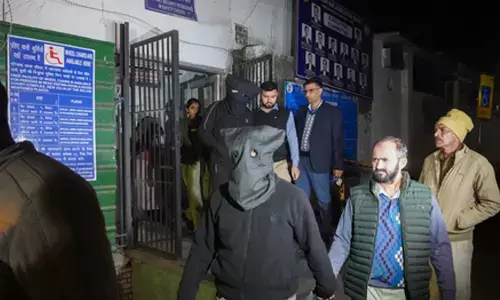Centre should take holistic view of women's health

Centre should take holistic view of women’s health
Natalia Kanem, executive director of the UN Population Fund, is among experts warning about disrupted health services and a surge in gender-based violence
Natalia Kanem, executive director of the UN Population Fund, is among experts warning about disrupted health services and a surge in gender-based violence. As the Covid-19 pandemic accelerates, fears are increasing about the effect of the pandemic on women's and girls' sexual and reproductive health and their access to care. In response to Covid-19, in March, WHO issued interim guidance for maintaining essential services during an outbreak, which included advice to prioritise services related to reproductive health and make efforts to avert maternal and child mortality and morbidity. The Lancet reported her concerns in detail, and everyone should take note of those. As the pandemic spread, many countries implemented tough lockdowns and travel restrictions in a bid to slow transmission. In doing so, some governments did not heed WHO's advice, and instead forced sexual and reproductive health services to close because these services were not classified as essential.
These services include abortion or even, as Human Rights Watch has reported in Brazil, contraception. This decision not only denied women and girls access to time-sensitive — and potentially life-saving — services, but also further distanced them from already difficult-to-access sexual and reproductive healthcare. Although numerous countries have now eased restrictions, the effects of travel restrictions, closure of health services, economic hardship, and gender-based violence are already evident. With the pandemic growing in many places, governments have to make difficult decisions about how best to protect the health of their citizens. The effect that Covid-19 had one women and girls is devastating. There are many women in situations of desperation right now and all this tallies up to devastating health and social consequences for that woman, for that girl, for that family, for that community. UNFPA predicts there could be up to 7 million unintended pregnancies worldwide because of the crisis, with potentially thousands of deaths from unsafe abortion and complicated births due to inadequate access to emergency care.
Of particular concern is the skyrocketing of gender-based violence which has become a pandemic within a pandemic, and this should be in our minds, the international studies reveal. Similarly, Marie Stopes International (MSI), which works in 37 countries, predicts that the closure of their services would result in up to 9·5 million vulnerable women and girls losing access to contraception and safe abortion services in 2020. That disruption could result in as many as 2·7 million unsafe abortions and 11,000 pregnancy-related deaths.
For example, countrywide lockdowns in Nepal and India forced clinics operated by MSI — the largest provider of family planning services in India outside of the public sector — to close. The governments of Nepal and India both ordered tough national lockdowns for several months and because of mobility restrictions, neither providers nor clients could reach MSI clinics, forcing the clinics to close. In India, millions of women living in hard-to-reach areas have been unable to access contraceptive services. The Centre should take a holistic view of these and not just an ad hoc measure to tide over health issues of women and girls. Well, it may be too much to expect a vision for the future from our leaders in our country. To claim that we are a developing country is false by any yardstick.









